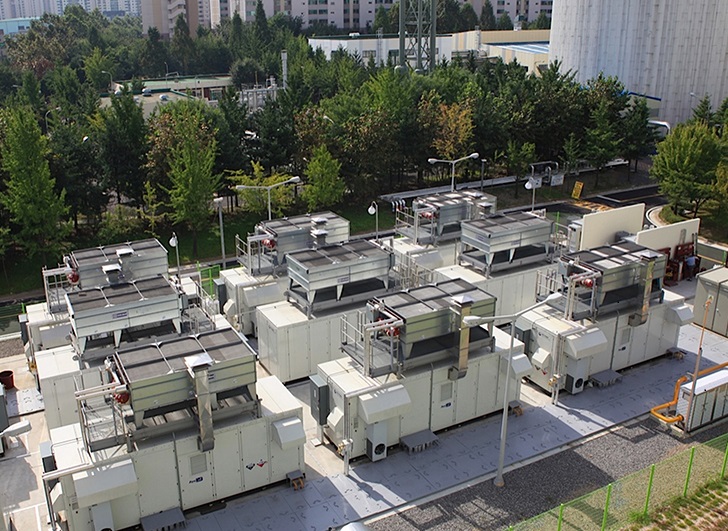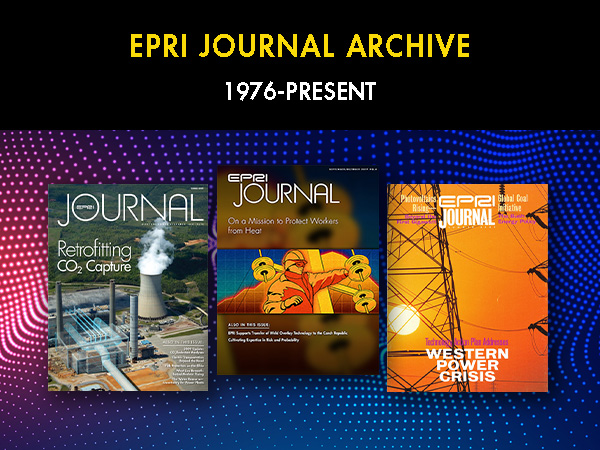A Fuel Cell Future?

The Rise of Microgrids Could Be Good News for Fuel Cells
After decades of high expectations and low adoption, stationary fuel cells may be poised for market growth in distributed generation applications, according to an EPRI Strategic Intelligence Update.
Fuel cells offer reliable, 24/7, quiet operation along with the highest efficiency and lowest emissions of all fuel-based generation technologies. But hydrogen fuel management along with fuel cells’ high upfront costs, low returns, and slow ramp rates relative to engines, turbines, and other combustion-based technologies have proven to be key barriers to adoption. While those challenges remain significant, substantial improvements to power density and stack life, as well as cost reductions through volume manufacturing, may make fuel cells somewhat more attractive for some niche markets.
A growing awareness and interest in microgrids and distributed generation approaches have also encouraged some customers to take a new look at fuel cells. They are increasingly under consideration as fuel-based “anchor” generators in resilient microgrids, particularly in configurations that provide combined heat and power.
The recent introduction of power purchase agreements for fuel cell generation could eliminate the upfront investment hurdle. Emerging hybrid technologies combine fuel cells with gas turbines and engines to capture unreacted fuel for greater efficiencies and affordability. Another hybrid technology under development couples fuel cells with battery storage to enable dispatchable power and participation in demand response programs.
Photo courtesy of Doosan Fuel Cell America, Inc.

